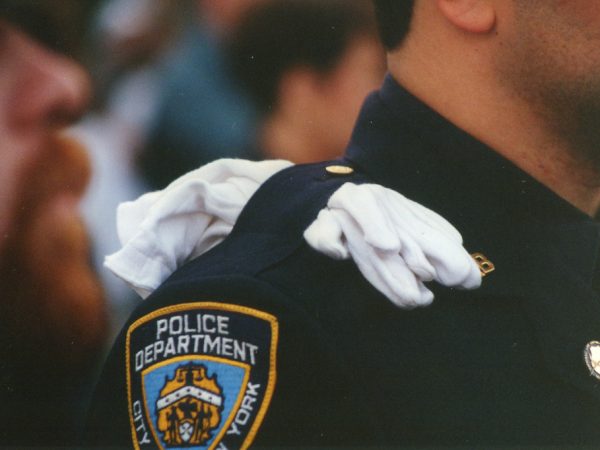Trenton, N.J. – The New Jersey Coalition Against Sexual Assault (NJCASA) applauds the passing of the A2167/S1739, which will expand requirements for sexual violence law enforcement training throughout the state.
“This legislation helps ensure that New Jersey’s critical first responders are best equipped to understand the trauma associated with sexual assault victimization and are prepared to respond in a way that encourages continued engagement with the criminal justice system,” said Patricia Teffenhart, Executive Director of NJCASA.
Currently, members of the law enforcement community receive training on topics relating to sexual violence while attending the Police Academy, but are not required to receive additional training throughout their careers. As the recently released Uniform Crime Report indicates, there was a 43% increase in the number of sexual assaults reported to law enforcement from 2014 to 2015.
“We’ve been working with the Attorney General’s Office and the New Jersey State Police to help strengthen law enforcement training on issues relating to sexual violence. This bill reinforces those efforts and sends a strong message to survivors about New Jersey’s commitment to address gaps in our statewide policies and response,” said Teffenhart.
Statistics indicate that 1 in 5 women and 1 in 71 men in the United States will be a victim of sexual assault in their lifetime, and the overwhelming majority of those survivors know their perpetrators. As the national discourse around the impact and prevalence of sexual violence increases, so has the understanding of the needs of sexual assault survivors and the complex ways in which lives are impacted by this trauma.
This legislation complements other legislative and policy initiatives undertaken over the last few years that affirm New Jersey’s commitment to serving survivors and keeping our communities safe. The bill now heads to the Governor’s desk and if signed will be in effect in 2018.
ABOUT NJCASA: NJCASA (www.njcasa.org) is the statewide advocacy and capacity building organization that represents the twenty-one county-based rape crisis centers, and the Rutgers University Office of Violence Prevention and Victim Assistance. NJCASA elevates the voice of sexual violence survivors and service providers by advocating for survivor-centered legislation, training allied professionals, and supporting statewide prevention strategies that work to address and defy the socio-cultural norms that permit and promote rape culture.






